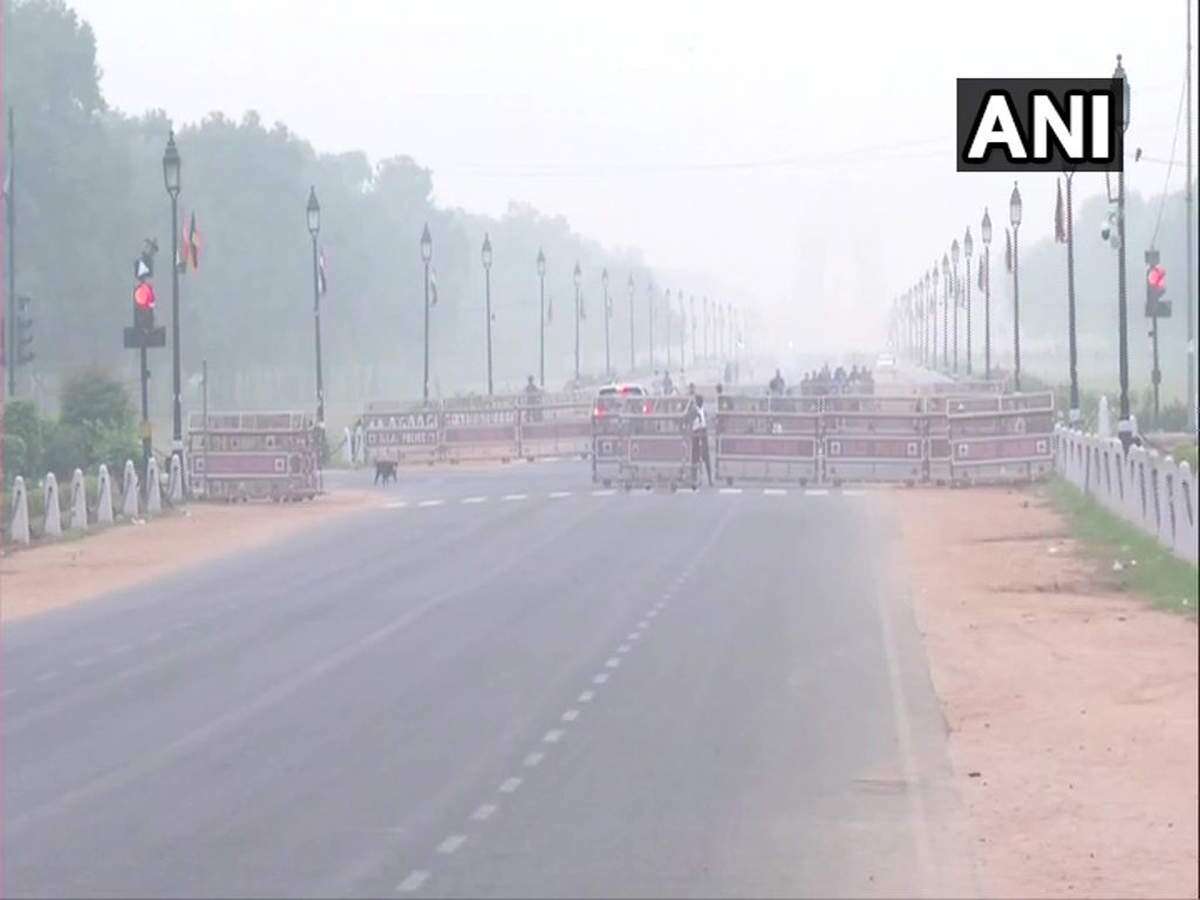New Delhi: As India battles the excruciating second wave of the Coronavirus pandemic, the national capital is witnessing a steep rise in pollution levels. A study shows that the level of pollutants such as fine particles (PM2.5) and nitrogen dioxide (NO2), both hazardous to health, are increasing rampantly in Kanpur and Delhi. The study, published in the journal Atmospheric Chemistry and Physics, also showed increases in the air pollutant formaldehyde in Delhi and Kanpur.
Jai Dhar Gupta, Founder of Nirvana Being, and Founder of the Citizen Movement, ‘My Right to Breathe’ told The Sunday Guardian: “On Wednesday morning, when I saw levels of Air Quality Index (AQI) 500+ across Delhi NCR, it was clear that local sources were at play.”
“I didn’t connect it to cremations, only because we are so used to the normal cycle of agricultural residue burning in October and April. But I think the high AQI levels are due to a cocktail of regional emissions from the burning crop residue after the wheat harvest combined with the smoke from the open cremations. Sadly, there is no system in our capital city to cremate sustainably without putting the entire city at risk,” Gupta added.
Gupta also said that air pollution is linked to an increase in COVID-19 severity and lethality through its impact on chronic diseases, such as cardiopulmonary diseases and diabetes. “You’ve already got a respiratory virus lurking that creates oxidative stress in the human body, now you combine that with the toxicity of air pollution, which further creates oxidative stress, and you’ve got a recipe for disaster,” Gupta said.
On how the people can protect themselves from the harmful impact of rising pollution, Gupta said, “You need to wear a fitted N95 or nanofiber mask, which will protect us from both air pollution as well as COVID-19 nanoparticles.”
The study led by the University of Birmingham and the University College London (UCL), also points out that the rise in PM2.5 and NO2 shows increasing vehicle ownership, industrialization, and the limited effect of air pollution policies to date.

